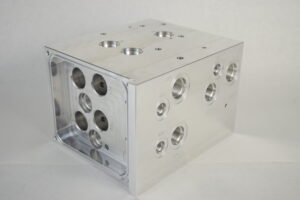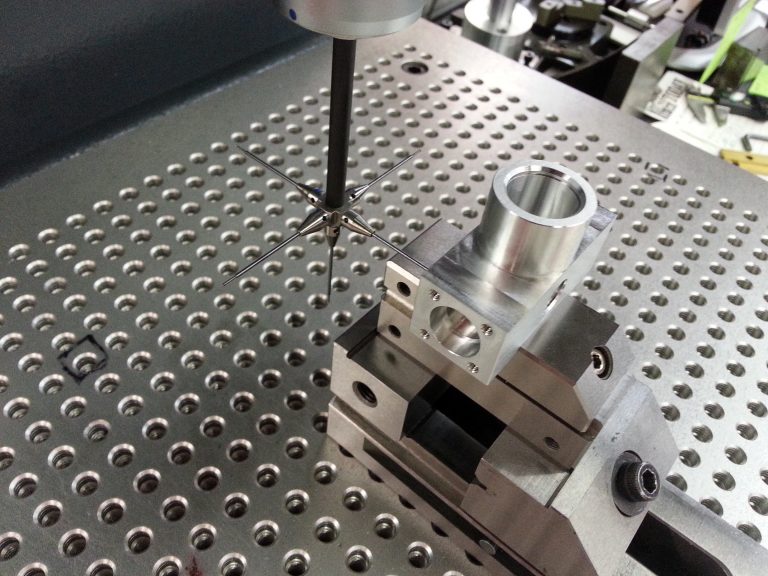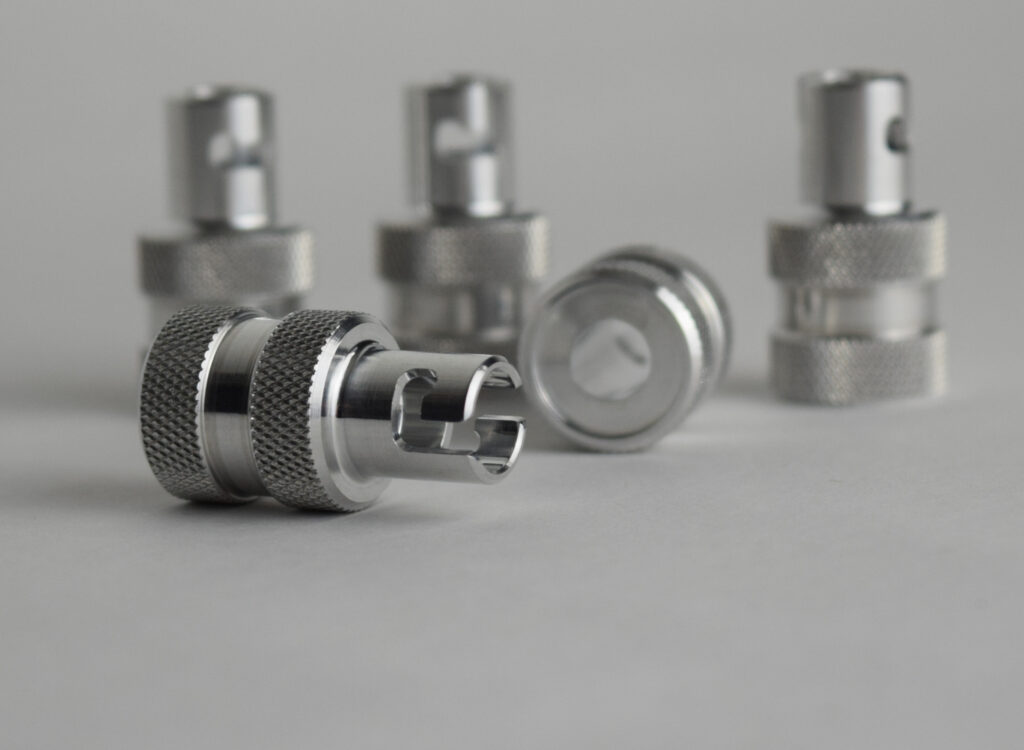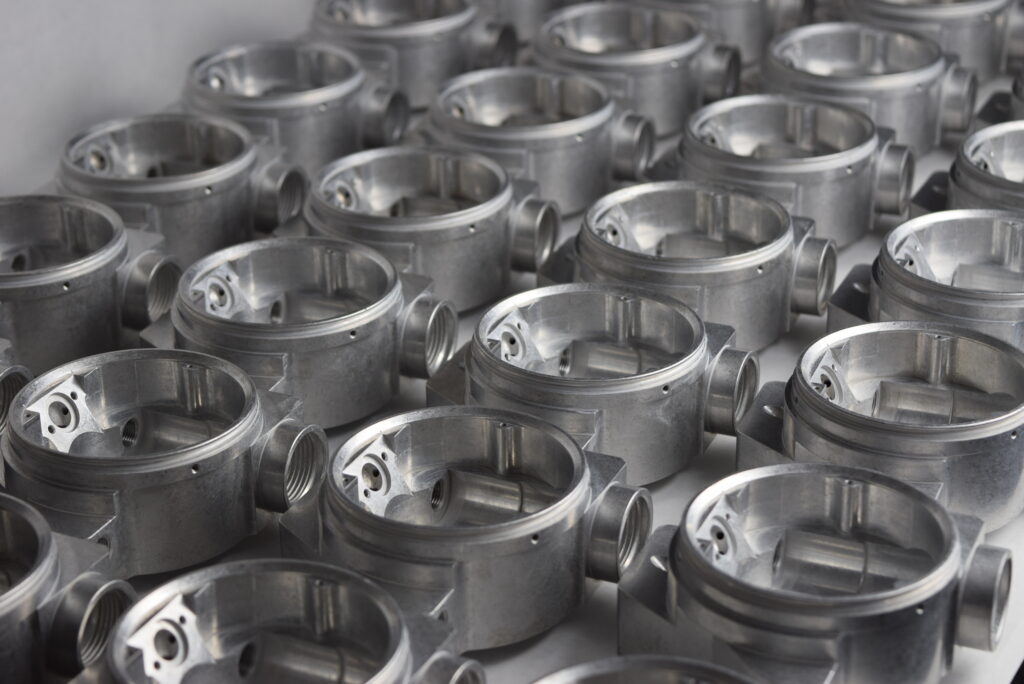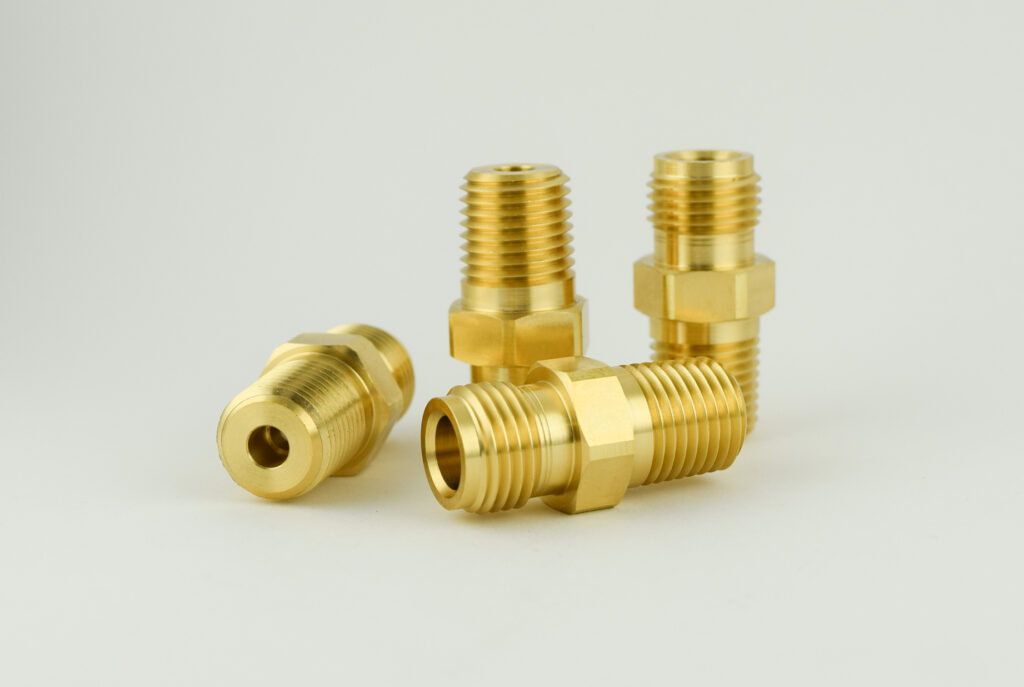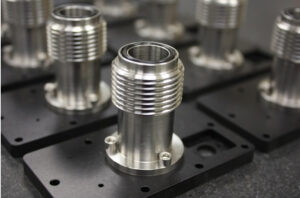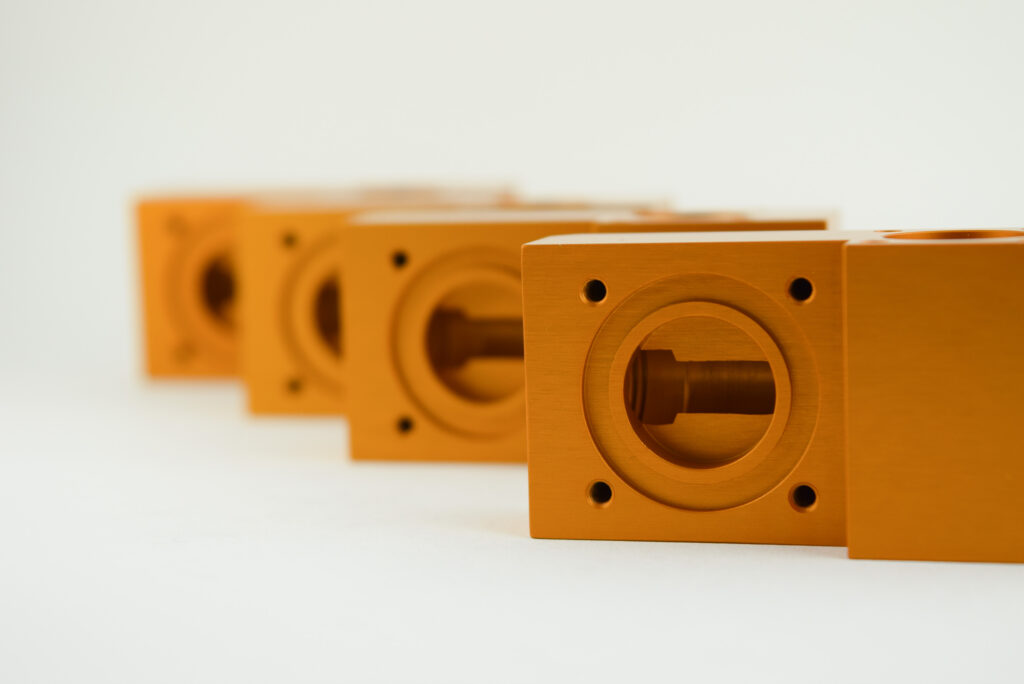How Certifications Guide Mechanical Parts Buyers to the Right Machine Shop
In the world of precision manufacturing, choosing the right machine shop can make or break a project. For mechanical parts buyers, the stakes are high—tight tolerances, strict timelines, and demanding quality standards are the norm. Amid all these variables, evaluating certifications stands out as a critical step in assessing a shop’s true capabilities and reliability. Certifications offer a clear, standardized measure of whether a shop can consistently meet the rigorous demands of high-stakes industries like defense and aerospace.
Why Certifications Matter
Certifications are more than just framed documents on a wall—they’re proof that a machine shop adheres to industry-recognized standards for quality, safety, and process control. For buyers, these credentials significantly offer a shortcut to assessing a shop’s technical competence, operational maturity, and commitment to continuous improvement.
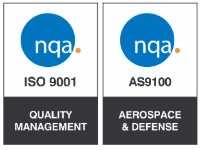
Key Certifications Buyers Look For
Here are some of the most critical certifications that mechanical parts buyers consider when evaluating potential suppliers:
1. ISO 9001: Quality Management Systems
This is the gold standard for quality management. A shop with ISO 9001 certification has demonstrated its ability to consistently deliver products that meet customer and regulatory requirements. Therefore, for buyers this means fewer defects, better documentation, and a more predictable supply chain.
2. AS9100: Aerospace Quality Standard
If you’re sourcing parts for aerospace or defense applications, AS9100 is non-negotiable. It builds on ISO 9001 but adds stringent requirements for traceability, risk management, and product safety. Even outside aerospace, this certification signals a high level of process discipline.
3. ITAR Registration
If your parts are subject to U.S. export control laws, ITAR (International Traffic in Arms Regulations) compliance is essential. A shop that’s ITAR-registered can legally handle sensitive defense-related components.
4. NADCAP Accreditation
This is a must for buyers needing special processes like heat treating, welding, or non-destructive testing. NADCAP accreditation ensures that these processes meet the highest industry standards.
How Buyers Use Evaluating Certifications in the Selection Process
Initial Screening
Certifications are often used as a first-pass filter. If a shop doesn’t hold the required certifications, it’s typically disqualified early in the sourcing process.
Supplier Audits
During audits, buyers verify that certifications are current and that the shop’s practices align with the standards. This includes reviewing documentation, inspecting facilities, and interviewing staff.
Risk Assessment
Certifications reduce perceived risk. A certified shop is more likely to have robust corrective action systems, traceability, and quality control—all of which reduce the likelihood of costly errors.
Building Long-Term Partnerships
Certifications also signal a shop’s commitment to excellence and continuous improvement. For buyers looking to build long-term supplier relationships, this is a strong indicator of future performance.
Beyond the Certificate: What Buyers Should Still Verify
While certifications are powerful tools, they’re not a substitute for due diligence. Buyers should still:
- Review customer references and case studies
- Evaluate communication and responsiveness
- Assess capacity and lead times
Conclusion
In today’s competitive manufacturing environment, evaluating machine shop certifications is a critical step for mechanical parts buyers. These certifications offer a standardized, trustworthy way to assess a shop’s capabilities, helping buyers streamline the vetting process, minimize risk, and ensure consistent delivery of high-quality parts that meet specifications and deadlines. For buyers, understanding and leveraging these certifications isn’t just a smart move—it’s essential to making informed, confident sourcing decisions.
Next step, read: The Importance of a Machine Shop’s Tech Stack in Today’s Digital Age

